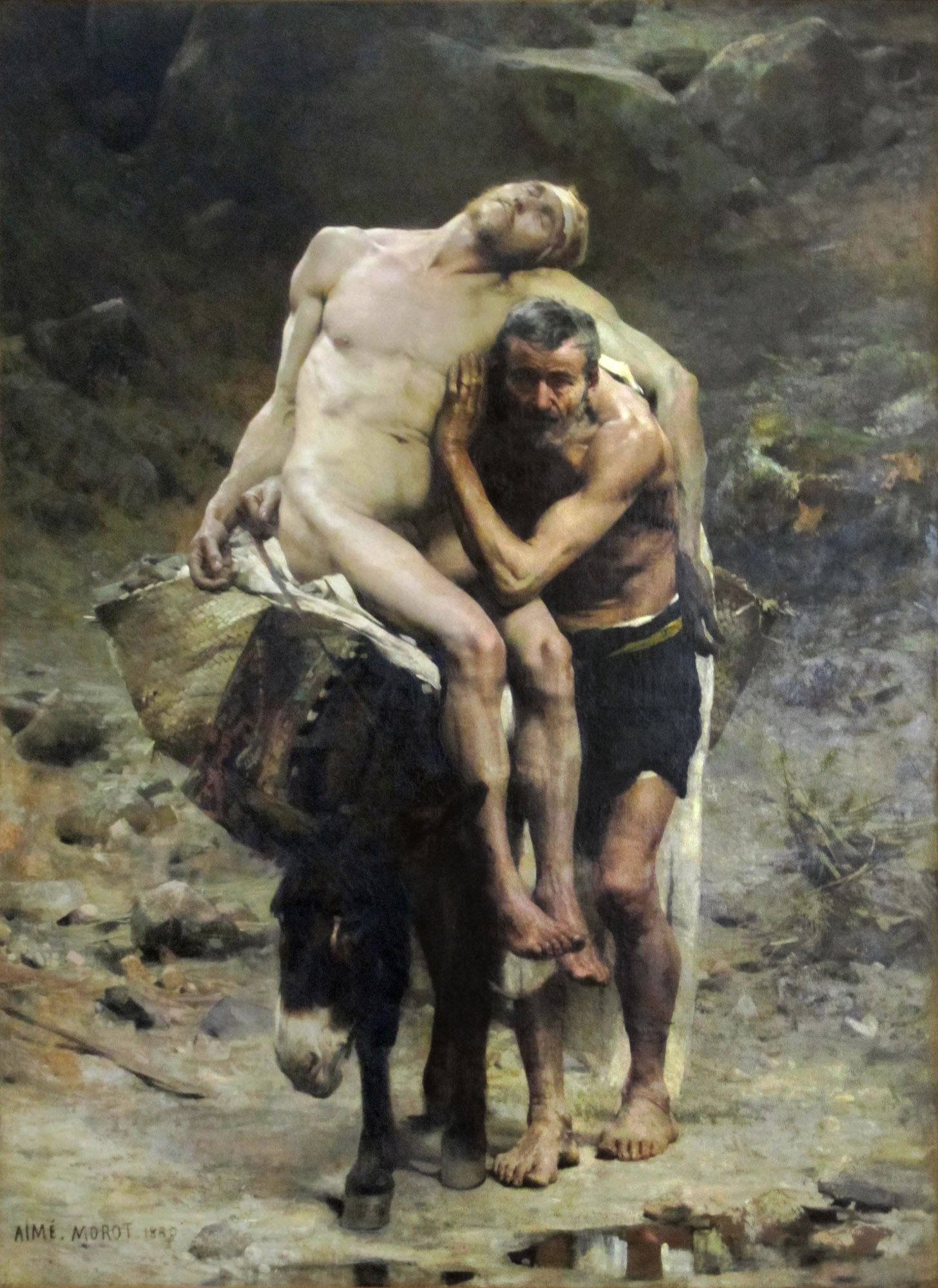Pope Leo XIV – Inaugural Mass Homily
Elected on May 8, 2025, as the 267th successor of St. Peter, Pope Leo XIV’...

Basil the Great here urges generosity in almsgiving. Basil views works of mercy as sowing seeds of charity that bears the fruit of eternal happiness. The generous who give alms to the poor will reap a rich eternal harvest.
O man, be like the earth. Bear fruit like her and do not fall short of what mere inanimate matter can achieve. The earth bears crops not for her own benefit but for yours. You, on the other hand, when you give to the poor, are bearing fruit which you will gather in for yourself, since the reward for good deeds goes to those who perform them.
Give to a hungry man, and what you give becomes yours, and indeed it returns to you with interest. Just as the wheat that falls on the ground falls there to the great profit of the one who sowed it, so the bread given to a hungry man will bring you great profit in the world to come. Let your husbandry be aimed at sowing this heavenly seed: as scripture says, Sow integrity for yourselves.
You are going to leave your money behind you here whether you want to or not. As for whatever share of glory you have received through your good works, that you can take with you to the Lord. All the people will stand round you in the presence of him who judges you all: they will acclaim you as one who feeds the hungry and gives to the poor, they will name you as a merciful benefactor.
Do you not see how people throw away their wealth for a moment’s glory, for the shouts and praise of the crowds in the theatre, at sporting events, at fights with wild beasts in the arena? Where can you get that sort of glory for yourself if you hold on to your money or spend it meanly? God will give his approbation; the angels will praise you; all people who have existed since the beginning of the world will call you blessed. You will receive eternal glory and the crown of righteousness as a prize for rightly disposing of your wealth – wealth that in any case cannot last and must decay.
Why do you think nothing of the future hopes that are stored up by those who despise the cares of the present time? Come, spread your wealth around, be generous, give splendidly to those who are in need. Then it will be said of you as it is in the psalms: He gave alms and helped the poor: his righteousness will endure for ever.
How grateful you should be to your own benefactor; how cheerful you should be at the honor he has conferred on you, that you do not have to make a nuisance of yourself at other people’s doors, but other people come and bother you at your own!
But at the moment you are grumpy and no-one can get to you. You avoid meeting people in case you might be obliged be part with even a little of what you have. You can say only one thing: “I have nothing to give you. I am only a poor man.” Indeed you are poor and utterly destitute. Poor in love, poor in humanity, poor in faith in God, and destitute of any hope of eternal happiness.
For more info on St. Basil the Great, see When the Church Was Young: Voices of the Early Fathers.
For more on mercy, charity, and giving to the poor, see the ALMSGIVING and MERCY SECTIONs of the Crossroads Initiative Library.
This excerpt comes from a sermon on generosity and charity in almsgiving by St. Basil the Great (Hom. De caritate, 3, 6: PG 31, 266-267, 275). It appears in the Roman Catholic Office of Readings for Tuesday of the 17th week of Ordinary time. The accompanying biblical reading is from 2 Corinthians 9: 1-15. St. Basil, who lived in the fourth century, was one of the greatest of the Early Church Fathers, revered by Orthodox, Catholic, and Protestant Christians alike.
No Comments